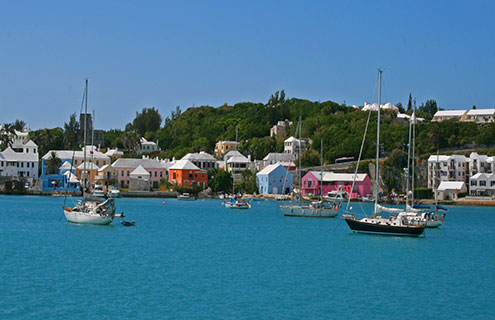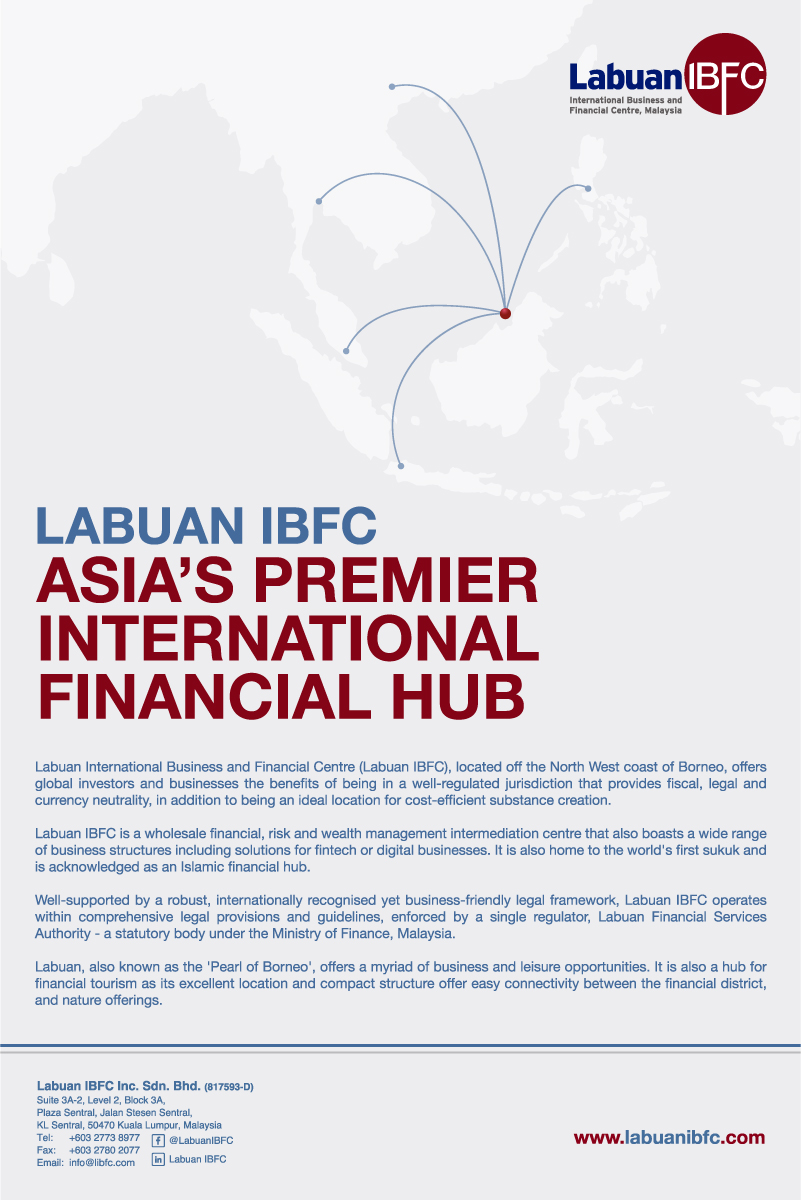Based on our experience, we believe the defining elements of a multinational captive fronting programme have remained consistent over the last several decades:
Based on our experience, we believe the defining elements of a multinational captive fronting programme have remained consistent over the last several decades:
Security
Programme structure and underwriting
Global reach and regional compliance
Administration.
Security: both parties to the relationship need assurance that the programme will respond as intended and designed. Security falls into four areas: the financial strength of the captive and its parent; the captive’s retrocession programme; reinsurance agreements and other credit mitigating instruments; and the concurrency between the captive’s retrocessional wordings and the front-end policy wordings to eliminate gaps in cover and timing of risk.
Programme structure and underwriting: traditionally, fronting programmes facilitate local policy issuance and reinsurance as part of an overall strategy of risk retention, either in whole or in part, by our clients. Designing a programme structure to efficiently meet the client’s objectives is critical to a programme’s success. Risk managers value a fronting partner’s ability to: provide expertise in analysing complex and unique risks; structure innovative and efficient captive programmes targeted to their specific needs; insure virtually any lines of business; and provide access to significant risk-bearing and risk financing capacity.
Global reach and regional compliance: multinational expansion has resulted in companies needing to address risks across wider geographic areas, each with their own regulatory requirements. Companies operating in emerging economies face even greater uncertainty since these countries do not always have well established or documented insurance regulation and are increasingly issuing new regulations and oversight requirements. Risk managers look to their global fronting partners to invest the substantial time and resources necessary to navigate the challenges of conducting business worldwide, while operating as efficiently as possible in a global environment of increased regulation and regulatory scrutiny.
Administration: effective administration remains a key criterion for risk managers when choosing a fronting partner. Three critical elements determine administrative strength: global servicing capacity, centralised administration and IT systems, and expeditious cash flow. The last element has become increasingly important as improvements enabling more efficient tracking and movement of cash flows facilitate captives’ building net worth, paying claims and complying with premium payment warranties on retrocession programs as well as reducing foreign exchange risk.
A fronting provider will seek to utilise its available network of owned operations, supported wherever required by local insurance partners. The goal, as a sustainable service provider, is to generate fee income by leveraging the network and providing a valuable service to clients without eroding the fronting carrier’s capital base as part of the captive fronting programmes provided. Fronting carriers are acutely aware of the impact on their regulatory capital requirements, and the fact that many country regulators will often not recognise reinsurance provided by unauthorised reinsurers. Territories where these requirements can be burdensome include the US, Canada and Australia. For example, in the US, the vast majority of captives are considered unauthorised reinsurers. In these circumstances, the four factors that combine to negatively impact a fronting carrier’s capital are:
Outstanding loss reserves
Incurred but not reported claims
Unearned premium
Loss payables.
The fronting carrier may require collateral to offset the negative impact to the carrier’s capital as a result of their inability to take credit for the reinsurance provided by the captive reinsurer. The collateral provided will preserve the fronting carrier’s capital and also mitigates credit exposure to the captive/client.
Increased global regulation creates the need for local expertise within a global programme, a need that can be well served by fronting carriers with an extensive global network. The lack of centrally available, reliable information contributes to captive uncertainty in directly transacting business in some jurisdictions for fear of falling foul of local regulations. A fronting carrier’s locally licensed operation provides value to the relationship between captive and fronting carrier, as it can be challenging and costly for captives to keep pace with the various territorial regulatory changes.
If the fronting carrier’s service does not meet the captive’s expectations, the risk is that the captive performs the function itself. As sophisticated risk financing vehicles with considerable individual net worth, many captives have conducted feasibility studies looking at the option of licensing themselves in those territories where their largest exposures, and consequently their largest premiums, are located. This research provides captives with an understanding of the challenges that fronting carriers face and enables them to better evaluate the service provided. Notwithstanding that the uncertainty in directly transacting business in unfamiliar jurisdictions often impacts the decision making process, proceeding without a fronting carrier prevents the local insured from benefitting from a local insurer’s services, and the captive from realising economies of scale provided by a fronting carrier’s centralised network.
Keeping a sharp focus on the key elements of the relationship between the client and the fronting carrier is critical to the success and longevity of that relationship, and must always remain front and centre in order for the relationship to thrive.





